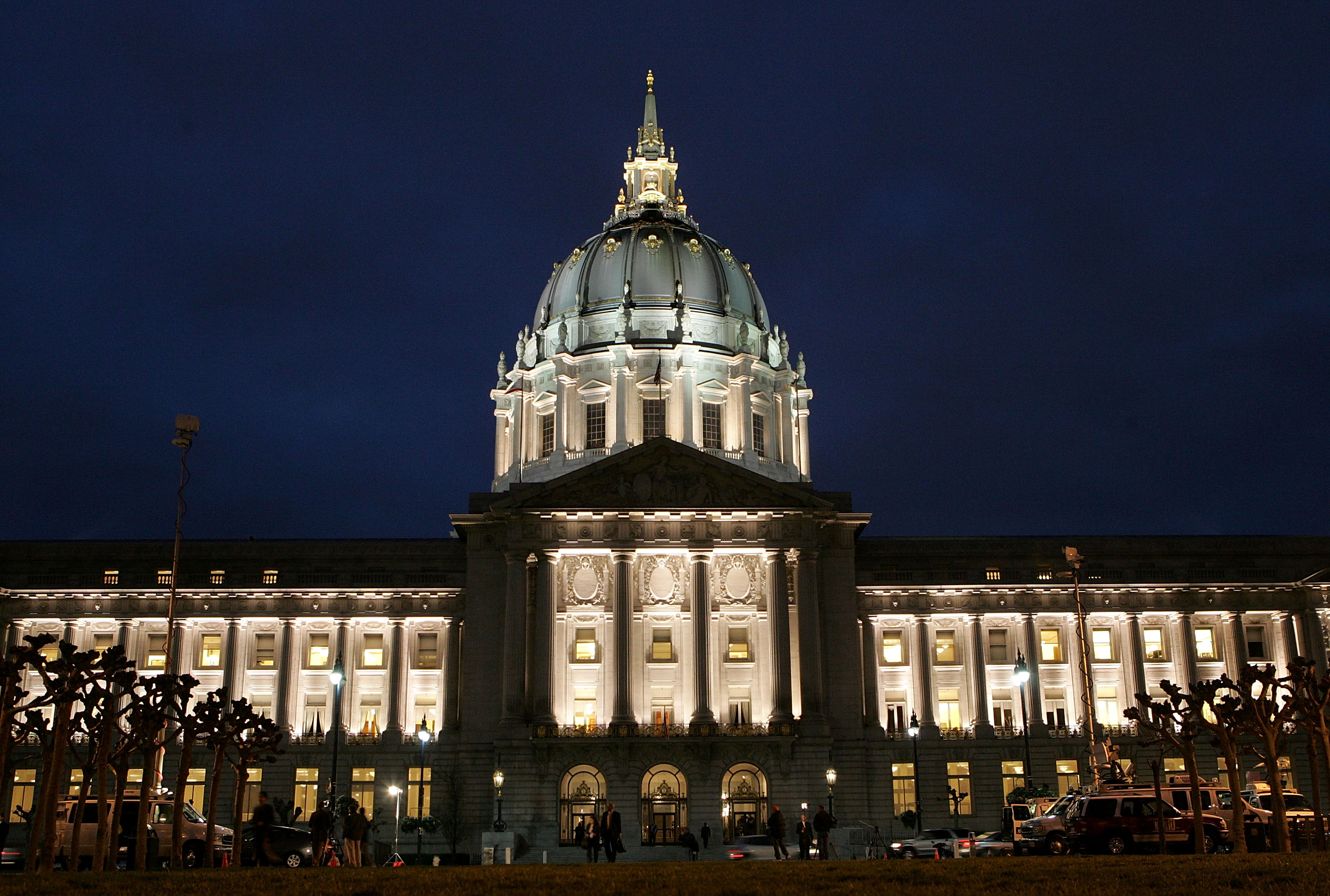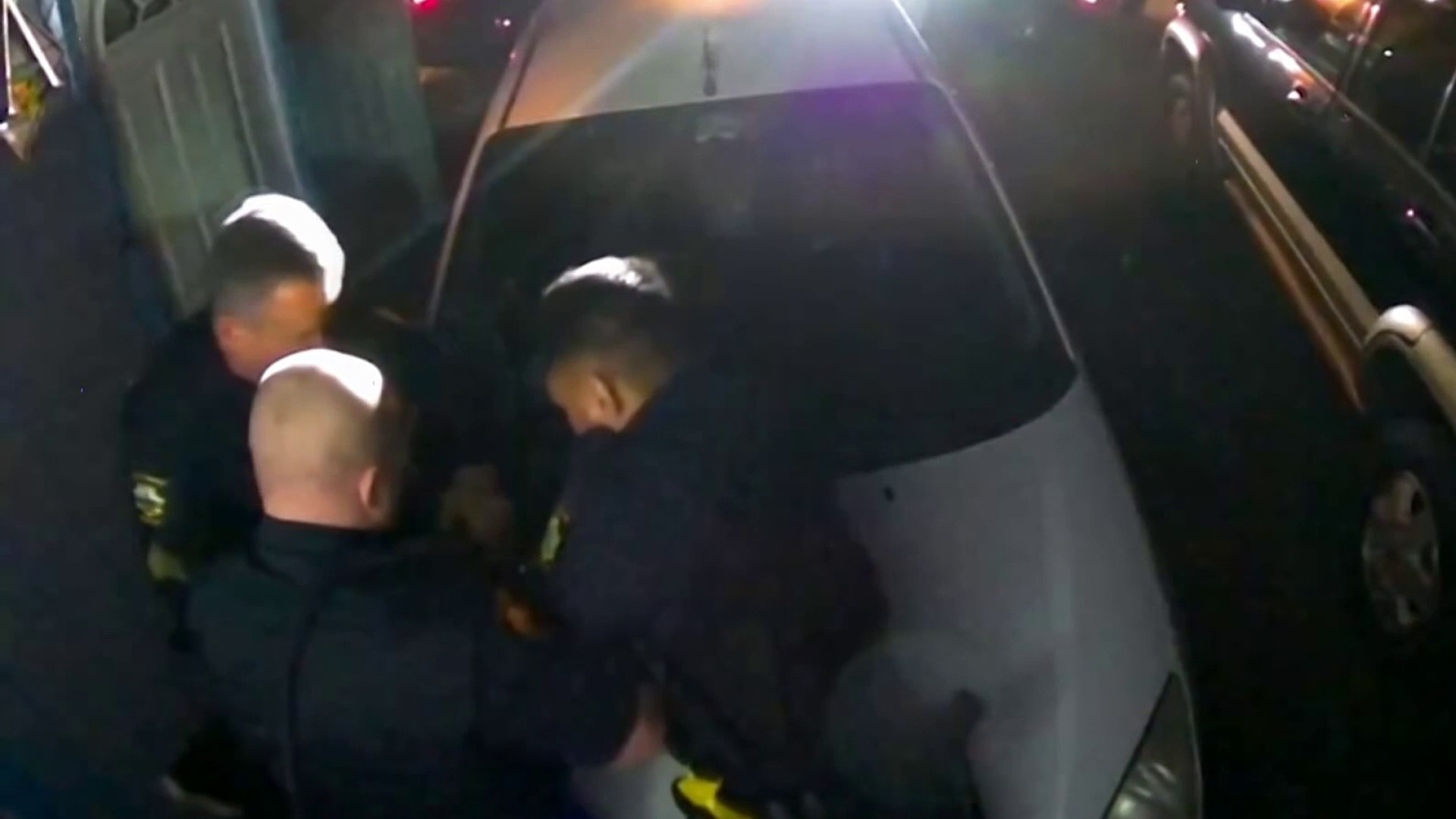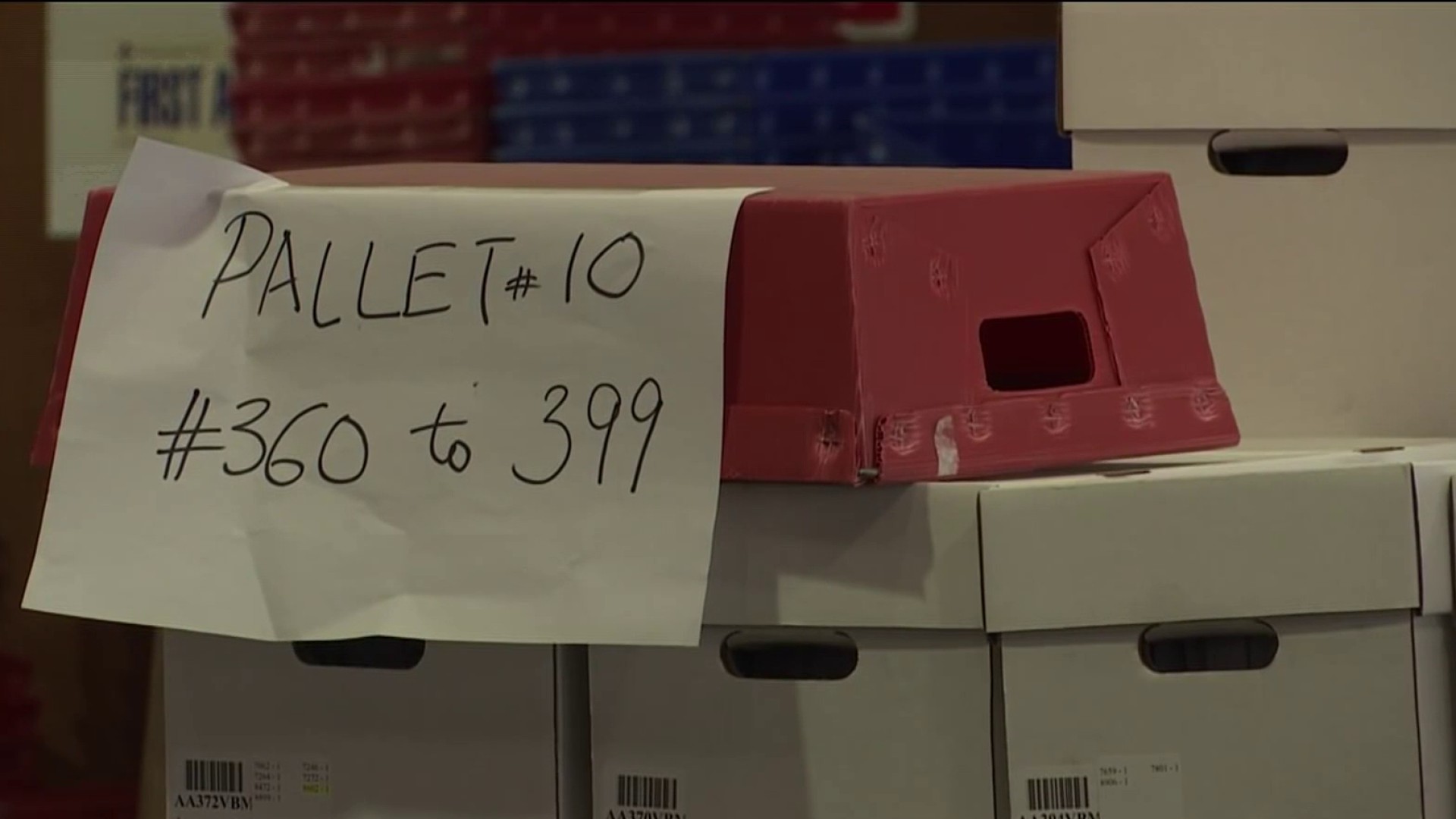Election night in the city of San Francisco was more about the parties than the winners. That's because no winners were declared.
Voters were asked to choose the city's next mayor, district attorney and sheriff, as well as eight propositions.
The first returns showed current San Francisco Mayor Ed Lee with a significant lead over the rest of the pack. With 100-percent of the precincts reporting, Lee had 31-percent of the vote.
John Avalos had 18 percent and Dennis Herrera had 11 percent. (See below for more numbers.)
This is the first election for Lee, who was the former city administrator who replaced Mayor Gavin Newsom when he became lieutenant governor back in January.
Click here for election results from San Francisco.
The numbers were good news for the Lee campaign, but they weren't enough to declare victory. Another vote count will be taken Wednesday taking into account second choice votes.
Local
None of the three big races in San Francisco had winners by the stroke of midnight, because none of the leaders got more than 50-percent of the vote.
The first round of returns showed George Gascon with 42-percent of the vote in the race of District Attorney. Ross Mirkarimi had a slight lead over Paul Miyamoto and Chris Cunnie in the early evening count in the race for sheriff. Click here for election results from San Francisco.
Now something called ranked choice voting comes into play. The election department said those second and third and possible fourth and fifth vote counts won't begin until Wednesday.
Here's how it works: In ranked choice voting, voters rank three choices on their ballot. If no candidate wins a majority among the first place votes cast, the second and third choices of the candidate who receives the fewest votes are distributed to the others. The process goes on until there's a winner with a majority. The San Francisco department of elections put together a tutorial.
RCV has been in play in San Francisco since 2004, but this election is the first time it would actually come into play in a high profile race.

Prop Zero's Joe Mathews sees the process as a win.
NBC Bay Area's Larry Gerston reports on the other side of the coin, making the point that it takes away the option of a thoughtful choice if a voter's candidate does not win.
Even before RCV had an impact on the City, two members of the Board of Supervisors proposed changing it back to the way it was prior to 2004. On Tuesday, a charter amendment was proposed in chambers that would have an initial election in September and runoff election in November if necessary. Any amendment would need the approval of six supervisors in order to get on the ballot.
Ranked choice voting elected Jean Quan over Don Perata as the mayor of Oakland even though Perata got more initial votes than Quan. What happened in Oakland proves that the person who gets the most votes may not win.
The election department says it will process all of the votes from all of the polling places before they go home on Election Day, but said there are ballots that can't be processed. Those include vote-by-mail ballots received on Election Day, provisional ballots cast at polling places, and ballots with write-in votes.
The department said it will take at least two weeks to process everything.
Here are the totals as of 10 p.m. with 100-precints reporting.



